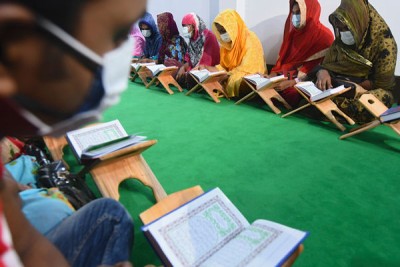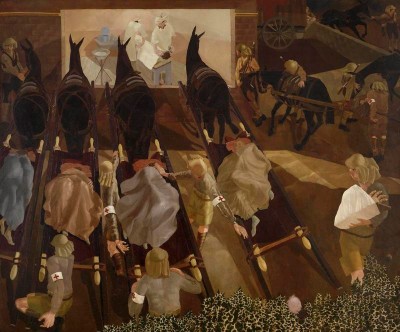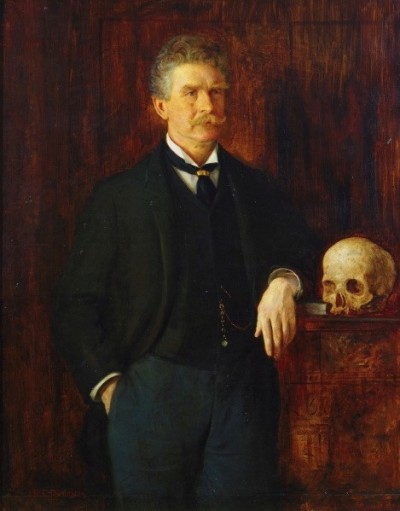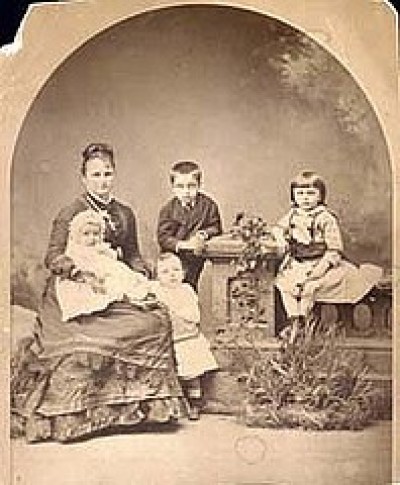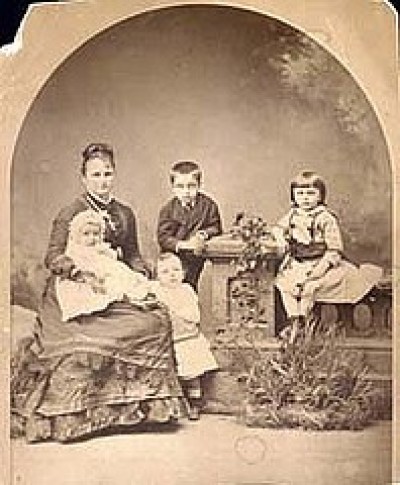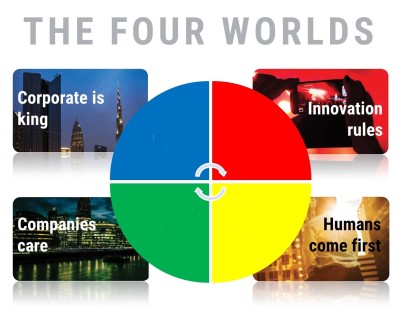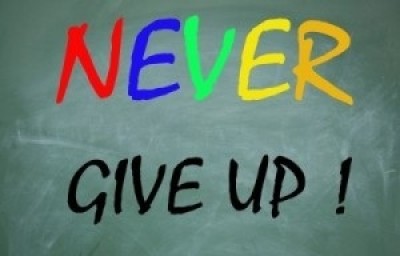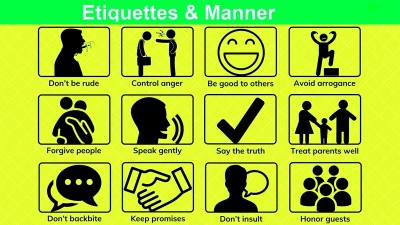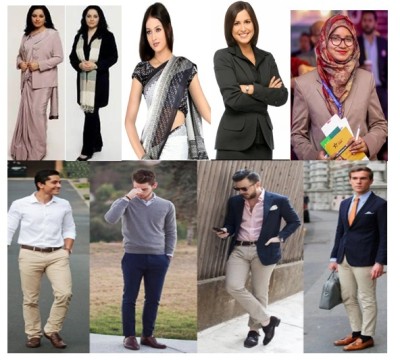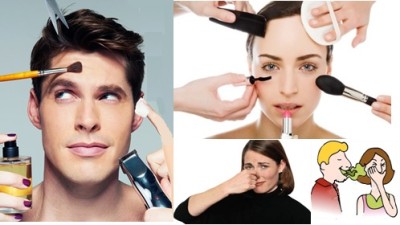Course description
Hijira: the Third Gender in Bangladesh
This article is adapted from a report by BBC Bangla service.
More than 150 transgender students will study Islamic and vocational subjects free of charge at a privately-funded madrassa in the capital, Dhaka.
Many in the transgender community identify as a third gender which is now officially recognised in Bangladesh. They have the right to vote and to stand for election as councilors and MPs, but conservative social attitudes still make it hard for them to access jobs and education. Some migrate to cities and support themselves by singing and dancing at weddings, by begging or through sex work.
The government says Bangladesh has about 10,000 hijiras, as transgender people are known in South Asia. Other estimates put the number at more than 50,000. Almost all have transitioned from male to female.
School officials, local councillors and hijira community leaders attended the opening day at the Dawatul Koran Third Sex Madrassa, which is near Lohar Bridge in the Kamrangirchar area of Dhaka. Funding for the madrassa comes from a foundation set up with money left by the late Ahmad Ferdous Bari Chowdhury, a businessman who wanted to educate the hijira community. Until now there has been no school exclusively for transgender people in Bangladesh. People of any age in the hijira community can enrol at the school. It is hoped that after studying there, students will have a chance to enter a number of different professions.
"Whether or not someone is of the third sex is identified at a fairly mature age. That's why we don't set any age limit. Anyone can be admitted here as soon as a transgender person is identified, no matter what age they are," the madrassa's education and training secretary, Mohammad Abdul Aziz Hussaini, said.
One new student at the school, Shilpy, said most of the trans community were illiterate. "No-one wants to hire us. If we had some education, we could work somewhere better. There is no education system. That is why we still do what our ancestors did and earn money by dancing and singing," Shilpy told the BBC. 'We want to walk with dignity.’
Shilpy went to school until the age of nine, but dropped out because of bullying. "When I realised I was a transgender person, then everyone in the school hated me, was afraid, criticised me. "That's why I didn't study any more. If there was a separate reading system for us, no one would tease us."
In Bangladesh, hijiras suffer from neglect in the family and socially, said Mr Hussaini. "If a transgender child is born in a family, the parents often do not want to accept them. What else, then, will outsiders do? But they are not to blame. We want them not to be a burden to society. So, we decided to set up this madrassa... so that they can learn the Koran and work with dignity."
Shilpy welcomes initiatives - whether government or private - to spread education among the third gender population. “We also want to be like other people, to walk with dignity. We also want to stand on our own two feet. If I get a chance, I will go that way."
Ananya Banik, 42, was born a boy in the northern Mymensingh district of Bangladesh. But as she approached adolescence, her identity and sexuality were confused. Since living openly as a hijira, or transgender person, at the age of 16, she has found several good jobs, learned classical Indian dance, and even performed on national TV to show the life of the hijira community. But it has been a difficult journey. "My relatives and neighbours used to ask my mother: Why does your son walk and behave like a female?" says Ananya. Ananya felt like a girl trapped in a boy's body. She loved to dress up. "A female soul was dormant in my body and mind," she says. After an inner struggle, Ananya decided to live openly as a hijira, or transgender person, at the age of 16. When she went public, her family became desperate to remove her. "My family wanted to get rid of me because they had to face a lot of unpleasant questions from neighbours and relatives.". Ananya's mother was the only person who supported her but after her father died, her brothers disowned her.
Hijiras are often rejected by their families despite being part of an ancient South Asian tradition. The government estimates there are 15,000 hijiras in Bangladesh but rights groups say the figure is closer to half a million.
Ananya says she was lucky to be able to stay with her family until the age of 16 as many are banished from their homes at a much younger age. Unsurprisingly, hijiras remain one of the most marginalised groups in Bangladesh despite being officially recognised as a third gender in 2013. They held their first pride rally last year and continue to campaign for better treatment.
Many hijiras live in slum areas and survive on odd jobs. They are often turned down for work so many take to the streets and demand money from roadside shopkeepers - using bad language if any shopkeeper refuses to pay money. Ananya says it is the only way they can make a living.
Unlike other hijiras, Ananya also worked for different foreign NGOs but even within this "so-called modern and educated setting", she says she struggled to be accepted. "Many of my colleagues were uncomfortable around me. They wouldn't sit me with me at lunch," she says. "They wouldn't get into the office lift if I was inside."
There are few hijiras who manage to get proper work like Ananya. Many fall into crime, further widening the gulf with the rest of society. "Hijiras are victims of circumstance," says Ananya. "They are being used by different people for personal gain."
But hijiras have also been in the news for positive reasons. There was a spate of violent murders in Bangladesh, including the killing of five secular bloggers. In all but one case, the killers fled from the scene even though hundreds of people were in the locality. But in one case, Labannya, a hijira, became a hero as she pinned down the attackers. This is the only case where blogger killers have been identified and caught.
Hijiras believe they can contribute to society if proper support is given. "I dream of a society where hijiras won't be discriminated against," says Ananya. "I'm a hijira but I'm not a burden to society."

